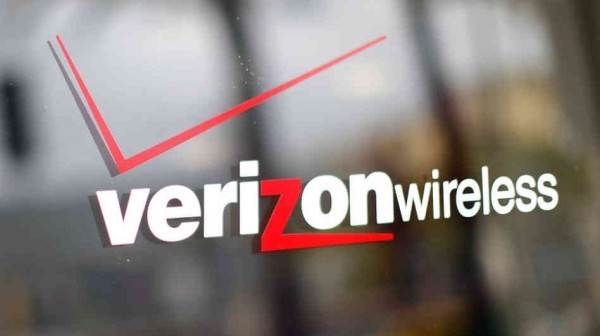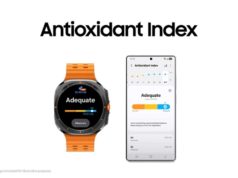Have you lost your appetite for cookies? Verizon Wireless users will now be able to opt-out of having so-called “supercookies,” controversial permanent mobile tracking codes, inserted into their Web traffic, the company announced Friday. The codes help marketers create more targeted ads based on their customers’ unique browsing habits.
Verizon had previously offered a way to opt-out of the relevant ad program but didn’t allow a way to opt-out of having the tracker inserted. AT&T had also experimenting with a similar program, but said in November that it was dropping the supercookie.
“Verizon takes customer privacy seriously and it is a central consideration as we develop new products and services,” Debi Lewis, a Verizon spokeswoman, told the New York Times. “As the mobile advertising ecosystem evolves, and our advertising business grows, delivering solutions with best-in-class privacy protections remains our focus.”
Lewis said Verizon listened to its customers and offered them a way to opt-out of its advertising programs. “We have begun working to expand the opt-out to include the identifier referred to as the UIDH (unique identifier header), and expect that to be available soon,” she said, adding that Verizon never shares customer information with third parties as part of its advertising programs.
Selective Code
Verizon first started inserting the tracking code into the traffic if its retail customers two years ago. It did not insert the cookies into the traffic of its business or government clients. The practice received widespread attention last fall when critics and researchers raised concerns about it and gave the code the name supercookie. Critics worry that this code can potentially be used by other companies or even governments trying to track users’ online behaviors.
Verizon has defended the practice, saying it was “unlikely” that Web sites and ad entities would attempt to build customer profiles for online advertising. Earlier this month, privacy researchers found that Turn, a third-party advertising tracking company, was using Verizon’s code to bring back its own cookies, whether or not consumers had taken steps to remove them. Turn has since said it will discontinue the practice.
Privacy Advocates Not Satisfied
The Electronic Frontier Foundation (EFF) recently launched a petition asking the FTC (Federal Trade Commission) and the FCC (Federal Communications Commission) to investigate Verizon for “unfair and deceptive” practices related to the tracking code. “The telecom giant did not properly disclose the nature of the tracking header, they do not allow customers to opt-out of the tracking, and their current explanation of its use is deceptive at best,” according to the EFF petition.
Even if Verizon allows customers to completely opt-out, it may not be enough to silence some critics, who argued that the company shouldn’t automatically enroll its customers in their online marketing efforts in the first place. The company should, instead, make the tracking feature opt-in, rather than opt-out, according to privacy advocates.
Jason Kint:
Posted: 2015-01-30 @ 5:34pm PT
A service provider like Verizon should make this level of tracking either opt-in or honor the Do Not Track signal on devices. Doing neither of these does not back up their statement “best-in-class privacy protections remains our focus.”






